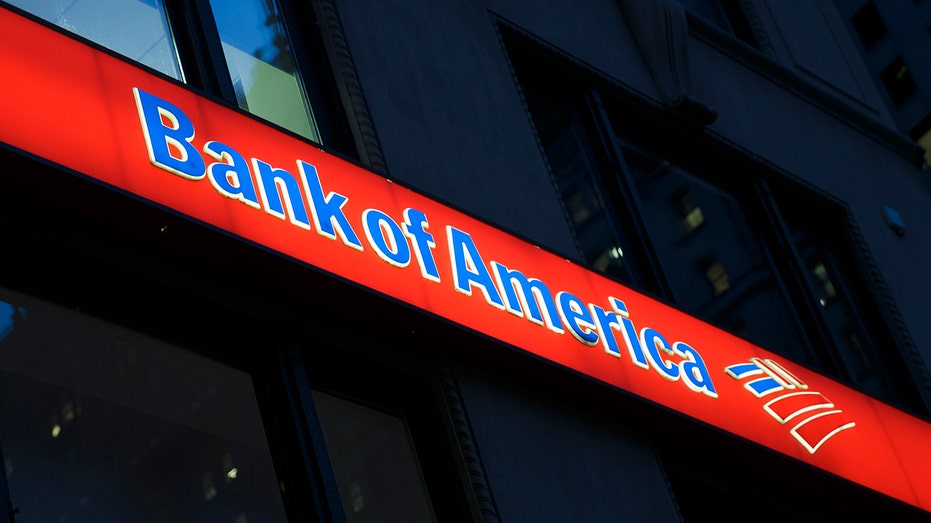Stagflation fears surge to highest level since 2008, BofA survey shows: 'Sentiment is dire'
Three-quarters of money managers expect weaker economy over next 12 months
Inflation will 'take a while' to get under control: OceanFirst Financial CEO
OceanFirst Financial CEO Chris Maher, a Federal Reserve Bank of Philadelphia board member, argues that if the U.S. heads into a recession it will be 'mild.'
A growing number of economists and money managers are sounding the alarm over a possible return to 1970s-style "stagflation," as the Federal Reserve ramps up its fight to cool sizzling-hot inflation.
A majority of investment fund managers (83%) now say they expect sluggish growth and soaring inflation as the most likely outcome for the economy over the next year – aka stagflation, according to a recent survey from Bank of America Global Research. At the same time, about 73% of respondents expect a weaker economy over the next 12 months, the lowest since the survey started in 1994.
WHAT IS STAGFLATION? WHY ECONOMISTS ARE WORRYING ABOUT A 1970S-STYLE CATASTROPHE
Stagflation is the combination of economic stagnation and high inflation, characterized by soaring consumer prices as well as high unemployment. The phenomenon ravaged the U.S. economy in the 1970s and early 1980s, as spiking oil prices, rising unemployment and easy monetary policy pushed the consumer price index as high as 14.8% in 1980, forcing Fed policymakers to raise interest rates to nearly 20% that year.

Company logo of Bank of America on February 26, 2016 in New York, United States of America. ( Thomas Trutschel/Photothek via Getty Images / Getty Images)
Bank of America surveyed 266 CIOs, asset allocators and portfolio managers for the monthly survey, which was conducted in the week through June 10 – before the release of new inflation data that "shattered" the hopes of the Fed stopping its aggressive rate-hike cycle, according to strategists led by Michael Hartnett.
"Wall Street sentiment is dire," Hartnett wrote. "Inflation will remain high relative to history… so by far and away the most popular description of what the economic backdrop will be in the next 12 months is 'stagflation'."
The dismal inflation report – which showed that consumer prices soared 8.6% in May, the fastest pace since 1981 – unnerved investors and prompted traders to revise their expectations for Fed rate hikes this year. Wall Street banks Barclays, Goldman Sachs and Jeffries are now forecasting a 75 basis point hike – the first since 1994 – at the conclusion of the Fed's policy-setting meeting on Wednesday, while a majority of traders have penciled in a mega-sized rate increase in July.

In this Jan. 29, 2020 file photo, Federal Reserve Chair Jerome Powell pauses during a news conference in Washington. (AP Photo/Manuel Balce Ceneta, File / AP Newsroom)
GET FOX BUSINESS ON THE GO BY CLICKING HERE
Hawkish central banks are weighing on investors, according to Bank of America: 32% of the fund managers surveyed see rising interest rates as the biggest threat facing markets right now. That fear is perhaps well-founded, given that concerns about rising interest rates extended a massive sell-off that sent the S&P 500 tumbling into bear-market territory.





















